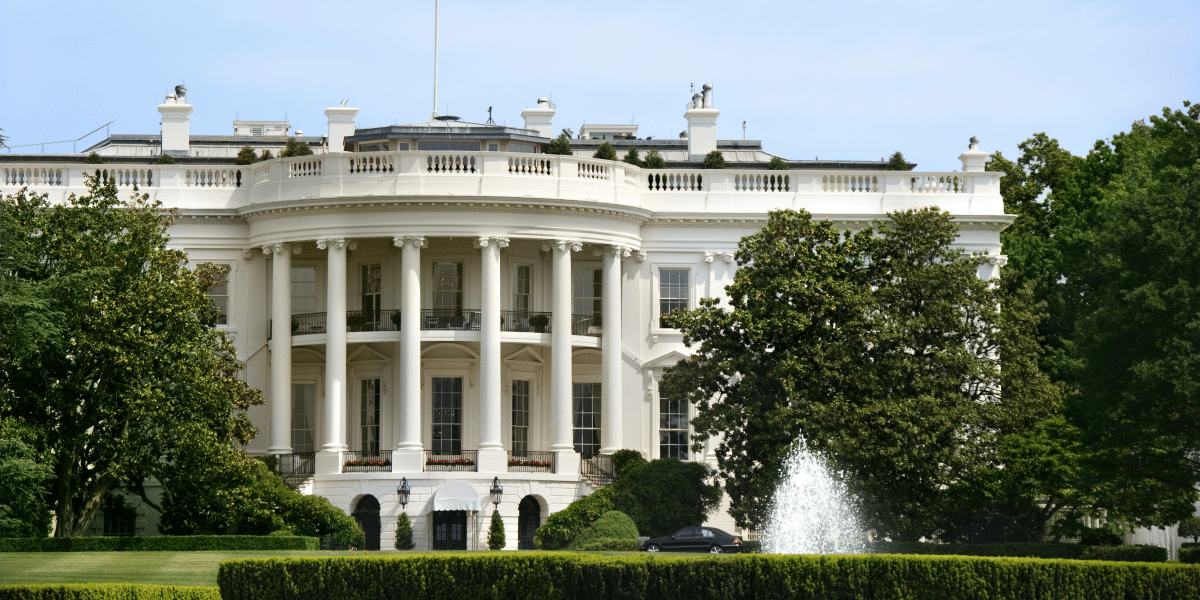A key element of Donald Trump’s 2024 platform is his emphasis on enhancing U.S. manufacturing and bolstering the country’s industrial base. Trump has stated that rebuilding domestic manufacturing is crucial for economic growth, job creation, and national security. His approach aligns with a broader emphasis on prioritizing U.S. businesses, workers, and industries, particularly with a focus on reducing reliance on foreign manufacturing.
This article outlines Trump’s vision for strengthening U.S. manufacturing, examining its broader economic and trade implications and some of the challenges it may encounter.
Trump’s Manufacturing Legacy: A Look Back
U.S. manufacturing was central to Trump’s economic policy during his first term. His administration introduced various trade policies, tax reforms, and deregulation measures aimed at incentivizing businesses to maintain or expand domestic operations. These efforts were intended to address concerns about offshoring American jobs to countries with lower labor costs.
Trade Policies and Tariffs
One significant aspect of Trump’s economic strategy was the imposition of tariffs on imported goods, especially those from China. The tariffs were intended to make foreign goods more expensive, thereby encouraging businesses to maintain production within the U.S. and addressing trade imbalances. This approach also aimed to address issues like intellectual property protection.
While the tariffs were designed to support U.S. industries, they led to trade tensions and some concerns about increased costs for U.S. businesses and consumers. In 2020, the administration negotiated the Phase One trade deal with China, which included commitments related to increased purchases of U.S. goods.
Tax Cuts and Regulatory Reforms
The 2017 Tax Cuts and Jobs Act was another major initiative during Trump’s presidency. It reduced the corporate tax rate to encourage business investments and expansions within the U.S. Deregulation efforts in sectors such as energy and manufacturing aimed to create a more favorable environment for business operations.
These measures received mixed feedback. Some credited them with stimulating business investment, while others raised concerns about their long-term impacts on different segments of the economy.
Key Points of Trump’s 2024 Manufacturing Agenda
Trump’s 2024 platform builds on these earlier initiatives, with a renewed focus on reshoring jobs and reducing dependency on foreign manufacturing. The key components of his platform include:
- Reshoring Jobs: Trump advocates for policies that encourage companies to bring jobs back to the U.S., proposing tax incentives for businesses that do so and penalties for those that continue outsourcing.
- Buy American Policies: Expanding on his earlier efforts, Trump’s platform emphasizes the importance of prioritizing American-made goods in government procurement and infrastructure projects.
- Trade Agreements: The platform includes a commitment to renegotiating trade agreements to benefit U.S. industries and workers, along with a focus on enforcing trade rules and addressing unfair trade practices.
Challenges and Considerations
While Trump’s focus on manufacturing has received support from various industries, the approach has also faced challenges. Some have raised concerns about the potential for increased costs to consumers due to tariffs, while others emphasize the importance of balancing domestic interests with global trade participation.
Free trade advocates argue that policies like tariffs and reshoring incentives may limit economic efficiency, while others maintain that such measures are necessary to protect key industries.
Conclusion
Donald Trump’s 2024 platform for U.S. manufacturing highlights his ongoing commitment to promoting domestic industry and reducing reliance on foreign production. His proposals focus on reshoring jobs, enhancing Buy American policies, and renegotiating trade agreements. As the 2024 campaign continues, these issues will likely remain central to discussions around the future of American industry.
Meridian Beverly Hills Investment and Legal Group
Connect with Dr. Sarah Sun Liew:
Direct: (424) 343 7025
Tel: (424) 777 6461
Email: info@drsarahliewforcongress.com
Websites: www.sarahsenator.org
Facebook: www.facebook.com/sarahsun.liew
Twitter: www.twitter.com/Sarahliew7
YouTube: www.youtube.com/@dr.sarahsunliewforcongress884
Instagram: www.instagram.com/drliewsenate/
Published by: Khy Talara












